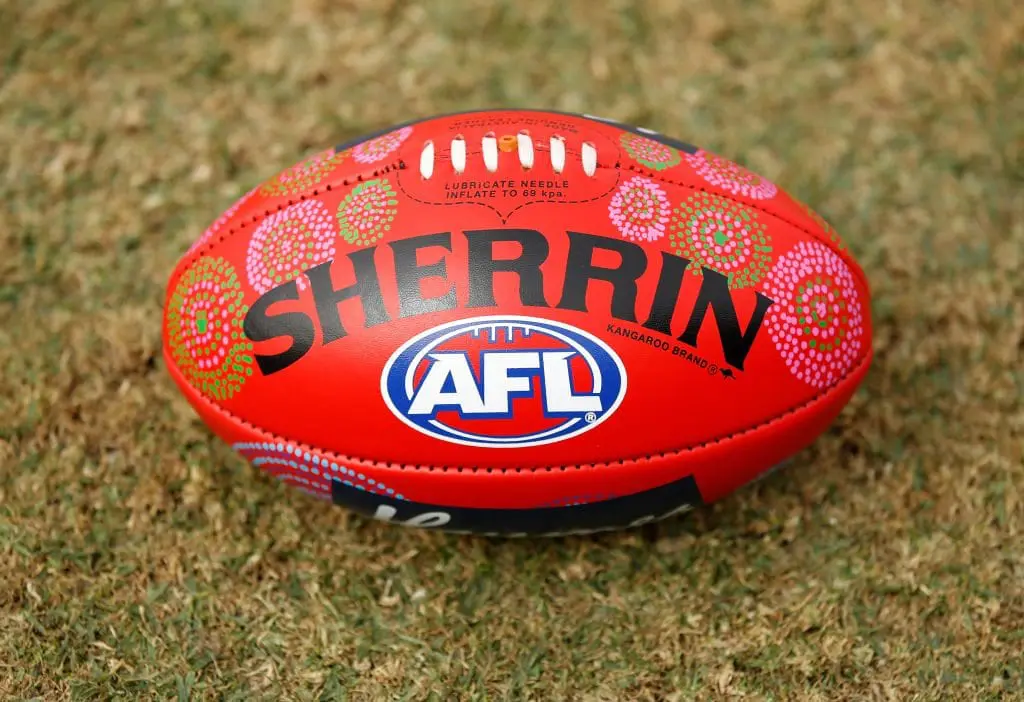While Tasmania's efforts to obtain the 19th AFL licence are hurtling towards their crescendo, fellow footy hopefuls from Northern Territory are too making ground ahead of what would become the most alternative pitch to earn entry into the national competition.
Though the launch of an official bid is still some time from coming to fruition, the wheels are reportedly in motion to launch a campaign based upon socio-economic equity rather than red or black ink.
Speaking to the ABC, AFLNT chairperson and member of the region's footy taskforce Sean Bowden claimed that although in its infancy, a collective stance has been created to bring AFL football to the territory on a permanent basis.
"All the ingredients are in place for the Northern Territory to have an AFL team," Bowden said.
Bowden's taskforce has commenced the creation of a business plan that would see the Territory granted a team due to the positive social impact it would create instead of focusing entirely on any negative financial impacts.
However, given the AFL has grown into a financial juggernaut over the past handful of decades, the numbers - both good and bad - cannot be overlooked entirely.
As reported in September of 2021, research conducted by consultancy group Bastion Experience stated that while an AFL outfit playing out of the Top End had the ability to create in the vicinity of $30 million per season, this figure would still be run at a loss of around $15 million once travel costs had been factored in.
Still, Bowden stressed that as the indigenous code already acts as an unbreakable adhesive for communities in and around the red centre, a more holistic route towards entry should be taken.

"Football is a huge part of every remote community … it's something that really gets young men and women in the bush and their families involved and active," Bowden told the national broadcaster.
"It's a social contract with people, where the team can reach out into the communities and be used as an aspirational piece."
Though the numbers may not marry up with the healthy bottom lines found at West Coast and Collingwood, alternative avenues towards boosting the prospective team's bottom line have reportedly been bandied in the region's highest office.
"Currently, you might get some big sponsors of some existing clubs from big business," Territory Sport Minister Kate Worden expressed.
"We would look to get support from unconventional sponsors — people that are interested in making a difference socially, not just an economic gain for them."
Past reports on the subject have also raised the notion that a merger of efforts between the regional club and groups such as 'Closing the Gap' and 'Developing the North' would, feasibly, become mutually beneficial.
Irrespective of the taskforce's view that a Northern Territorian outfit is still at least a decade away from packing the gunnels of Marrara Oval in Darwin or Traeger Park in Alice Springs, past plans have claimed that a portion of this decade will be spent constructing a third league standard venue.
As first revealed in the lead-up to last season's AFL Grand Final, artist's impressions of a 25,000 seat stadium on Darwin's waterfront added further excitement to the burgeoning bid.
Bowden and his taskforce are currently constructing their final report which is set to be passed on to Michael Gunner's (Chief Minister of the Northern Territory) office by the cessation of the season.
Given this, the AFL is yet to receive an official bid for the region for both an AFL or AFLW licence.





















